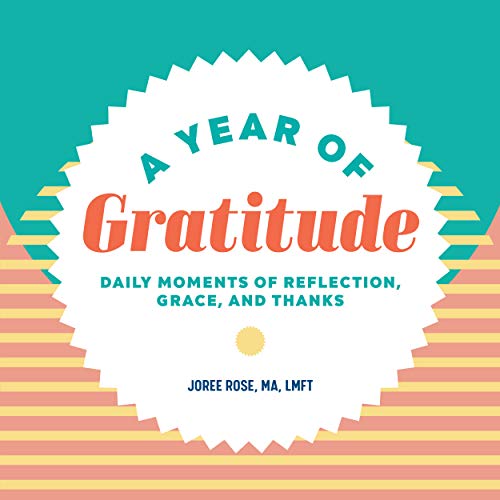It’s Okay To Feel Neutral
*this post will contain amazon affiliated purchasing links as well as links to free resources
Many people have been told for years to “find the silver lining” or “look on the bright side”. While this advice has good intentions, it isn’t always relevant when talking about mental health. It is important to realize that some days will not feel positive, especially when we are looking at clinical needs. Those days working towards feeling neutral can be a big task, and one you should feel proud of yourself for accomplishing. If you experience a lot of days like that, reaching out to a mental health professional can help you restore the quality of life each of us deserves.
It’s also important that we realize, whether we are an adult or teaching our kids, that a day does not consist of all good or all bad. When we stop to notice the little things it is going to be full of both because we naturally live life in the “in-between”. Only focusing on one or the other is not a true depiction of our lives.
Taking time out each day or night (especially at night with kids who may be anxious at bedtime) to reflect on what the little good things were that happened that day can help us to be more resilient in the face of daily hardships in the future.
For example, mine today was 1) good cup of warm coffee 2) got my blog post started (doesn’t have to be finished) 3) sound of rain on the windows. They’re simple and little but they can be unique to what I enjoy, look forward to, or strive for so that even in small doses they bring a sense of happiness or peace to me at that moment. If I was focused only on the negative of my day then each of those 3 things could have been casted in a different light. Again, though, it’s important to recognize that we can’t focus only on the positive either or we are avoiding the things that are still causing us stress. It’s isn’t one or the other, but the beautiful grays in-between.
In cases of anxiousness where our brain is wired to search out the negative, in an attempt to prepare ourselves for it, we can find ourselves focusing on what did or may go wrong. Reciting 3 daily gratitudes helps us to combat that instinct and when done consistently, it can help us to develop better habits to be more resilient. It can assist us in shifting from a fixed mindset to a growth mindset. Because of neural plasticity, we can reshape the way our anxious brain is primed to focus. Also, if we know that we will need to write down three positives at the end of the day, then we are going to put effort into finding them throughout the day. This eventually becomes a habit to notice the “little things” that make us happy. This is not a cure for anxiety, but rather another powerful tool to help with managing anxiousness.
Did you also know that we can see the greatest improvements in someone’s mood after discussing their daily gratitudes (and even more so when communicating their gratitude to another) if they began when they were upset. When you do a daily gratitude, there can definitely be a lift to your mood, but it won’t be as significant if you were already in a positive place when you wrote it. The change, though, when we discuss our gratitudes on a particularly difficult day is going to be more impactful and beneficial. It can help stop us from fixating on the small negative things. Still, we recommend practicing your gratitudes each day so the habit can be there to help you the most on a hard one.
You can build your daily gratitudes into you or your family’s schedule or set a reminder on your phone if you’re worried about forgetting. If you prefer something visual to keep you on track there are great gratitude journals you can purchase, make, or find in an app format. I’ve included some below for you or you can find free printables on my pinterest page.







